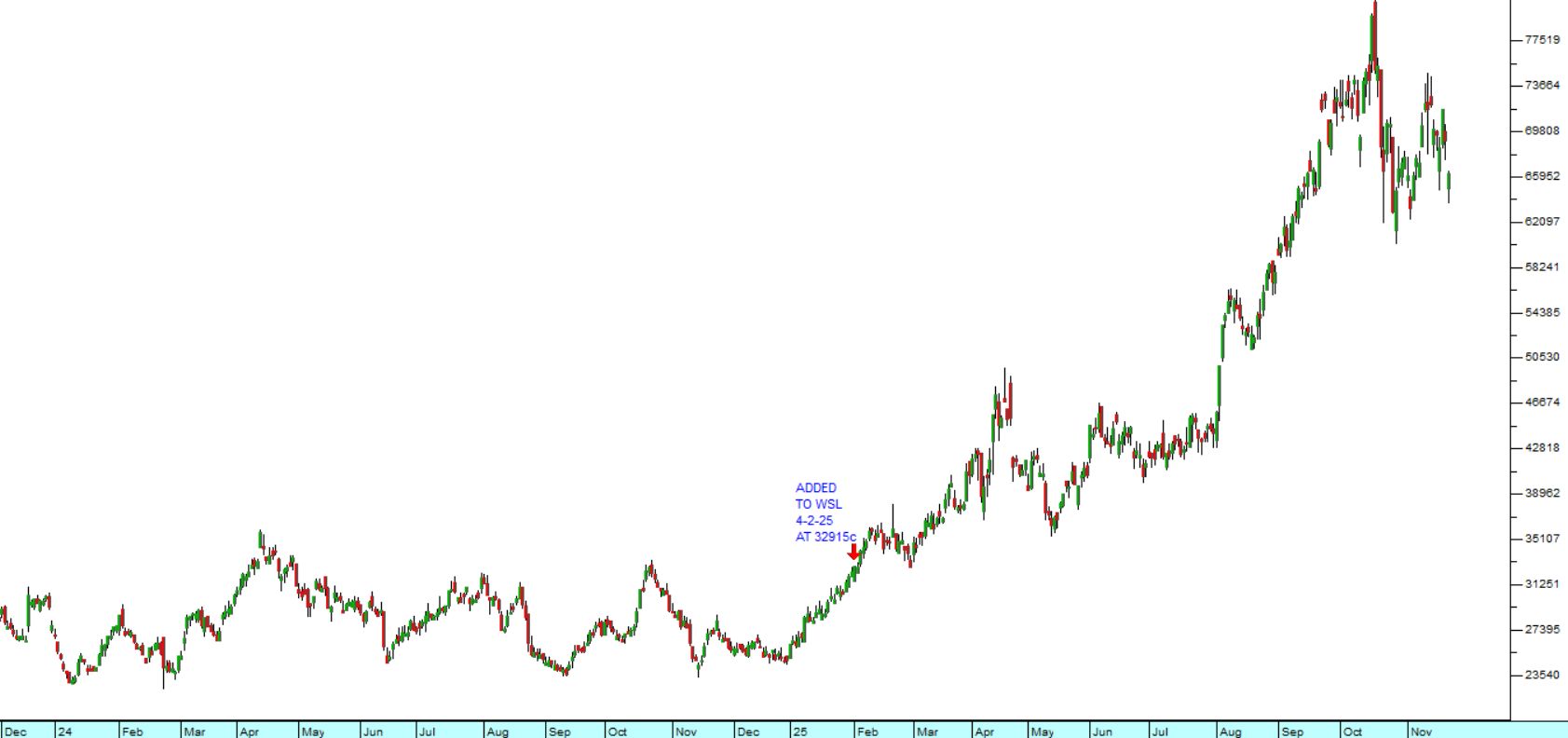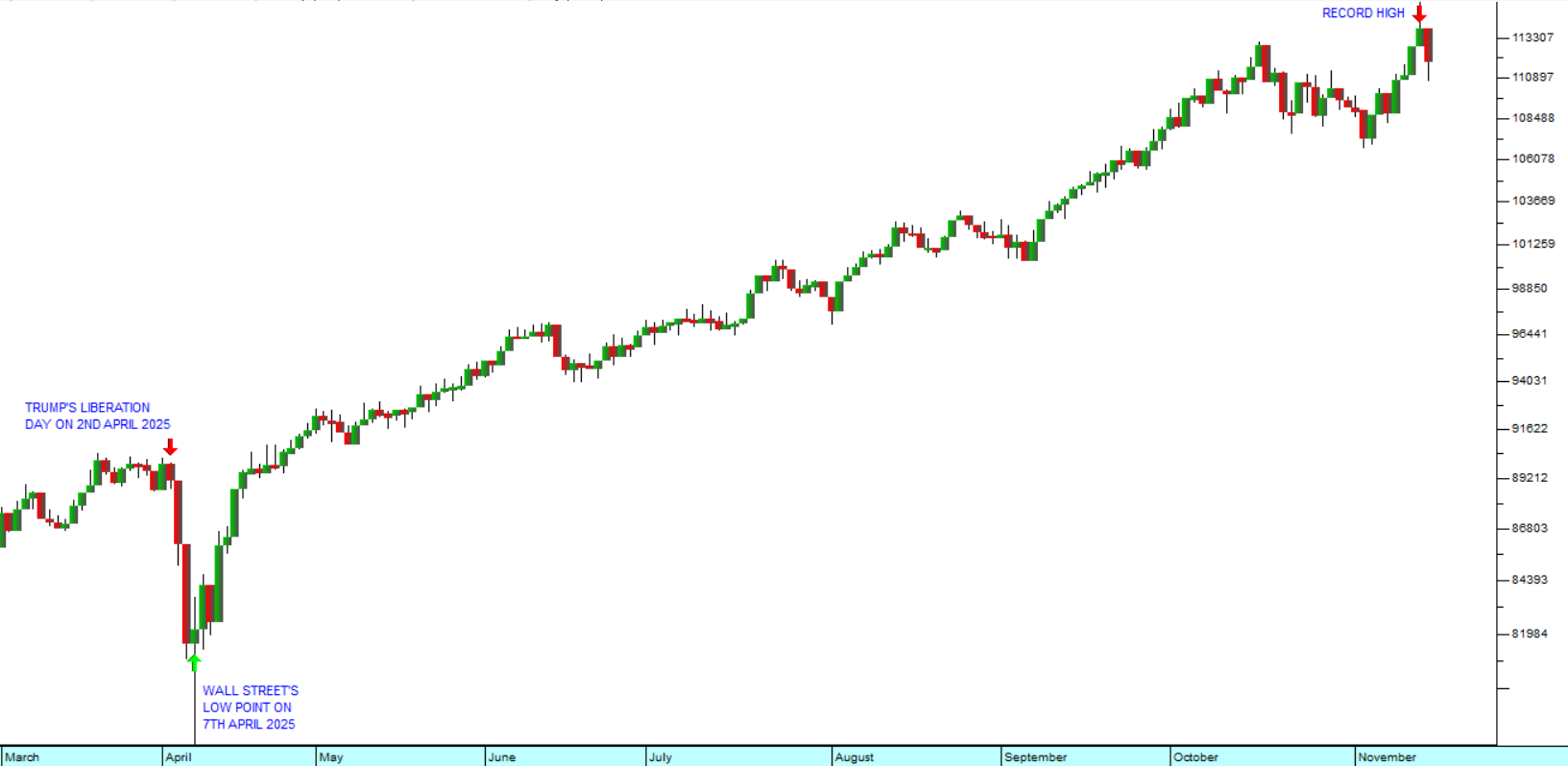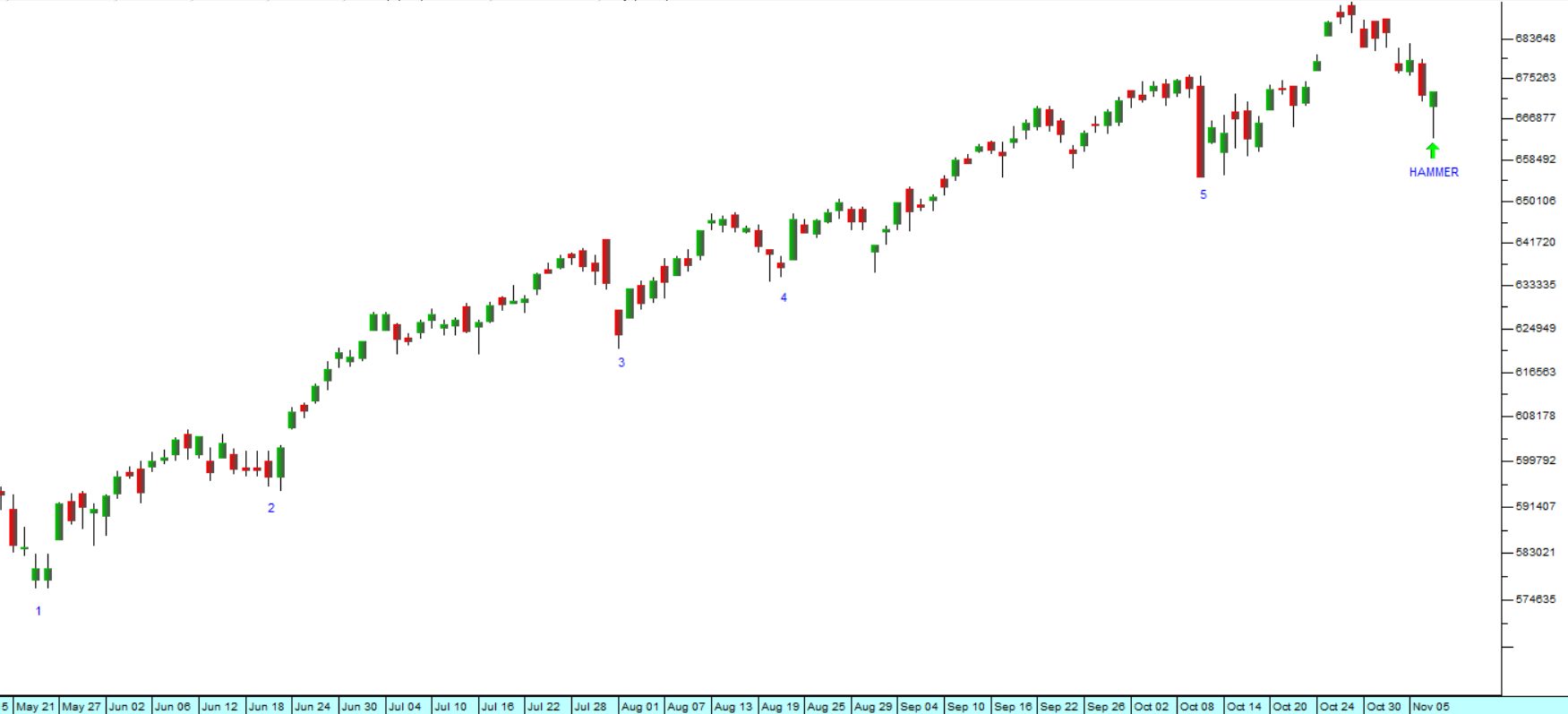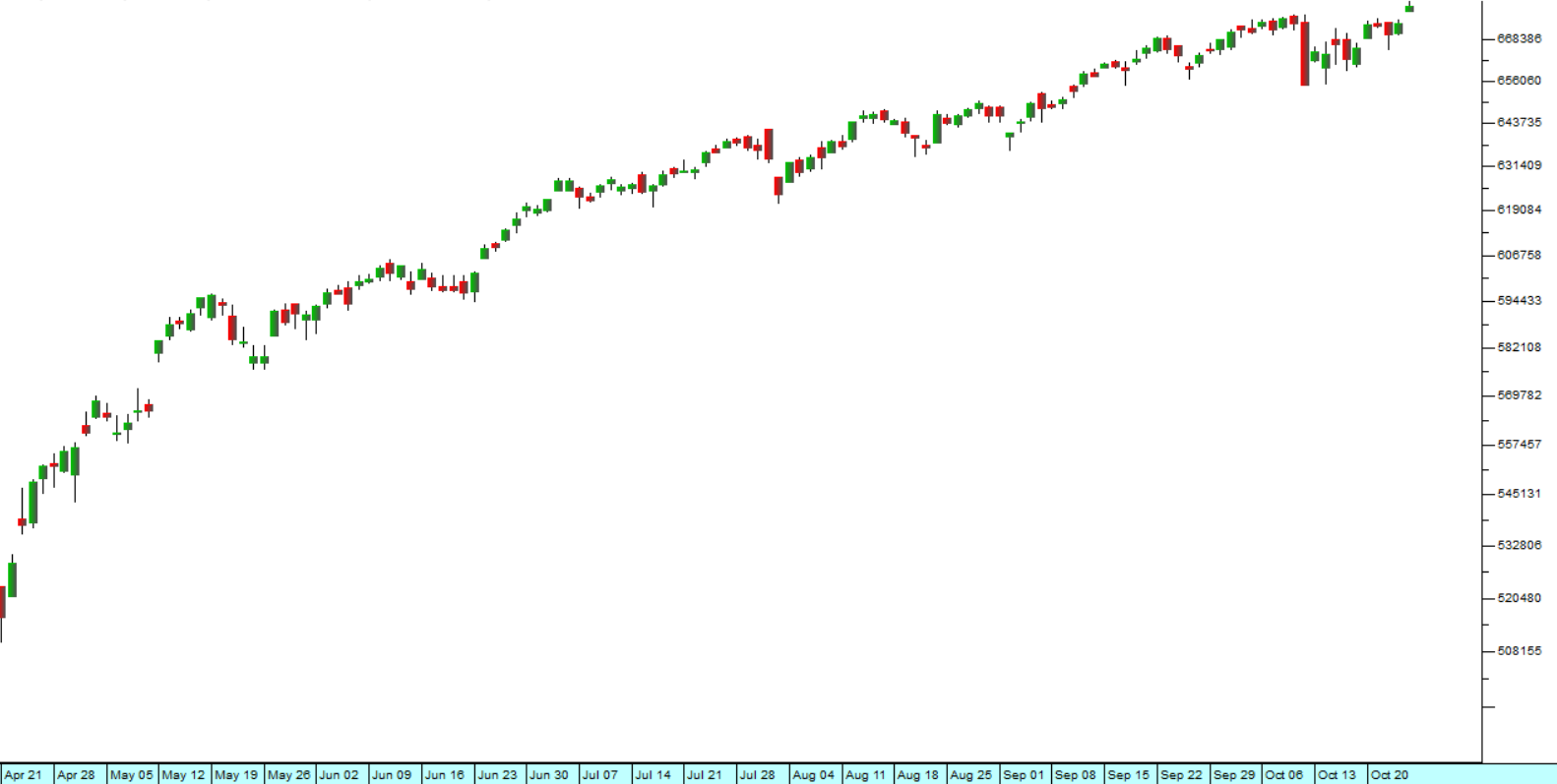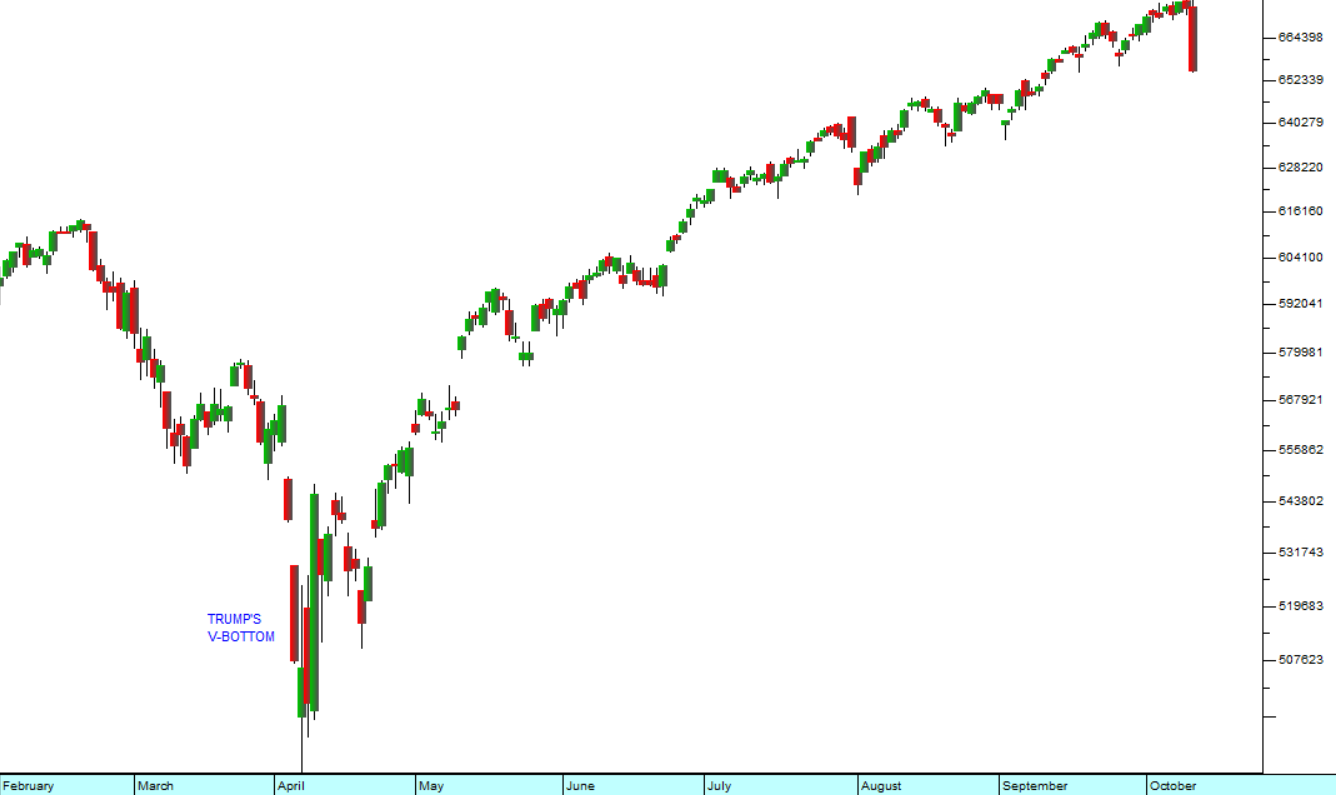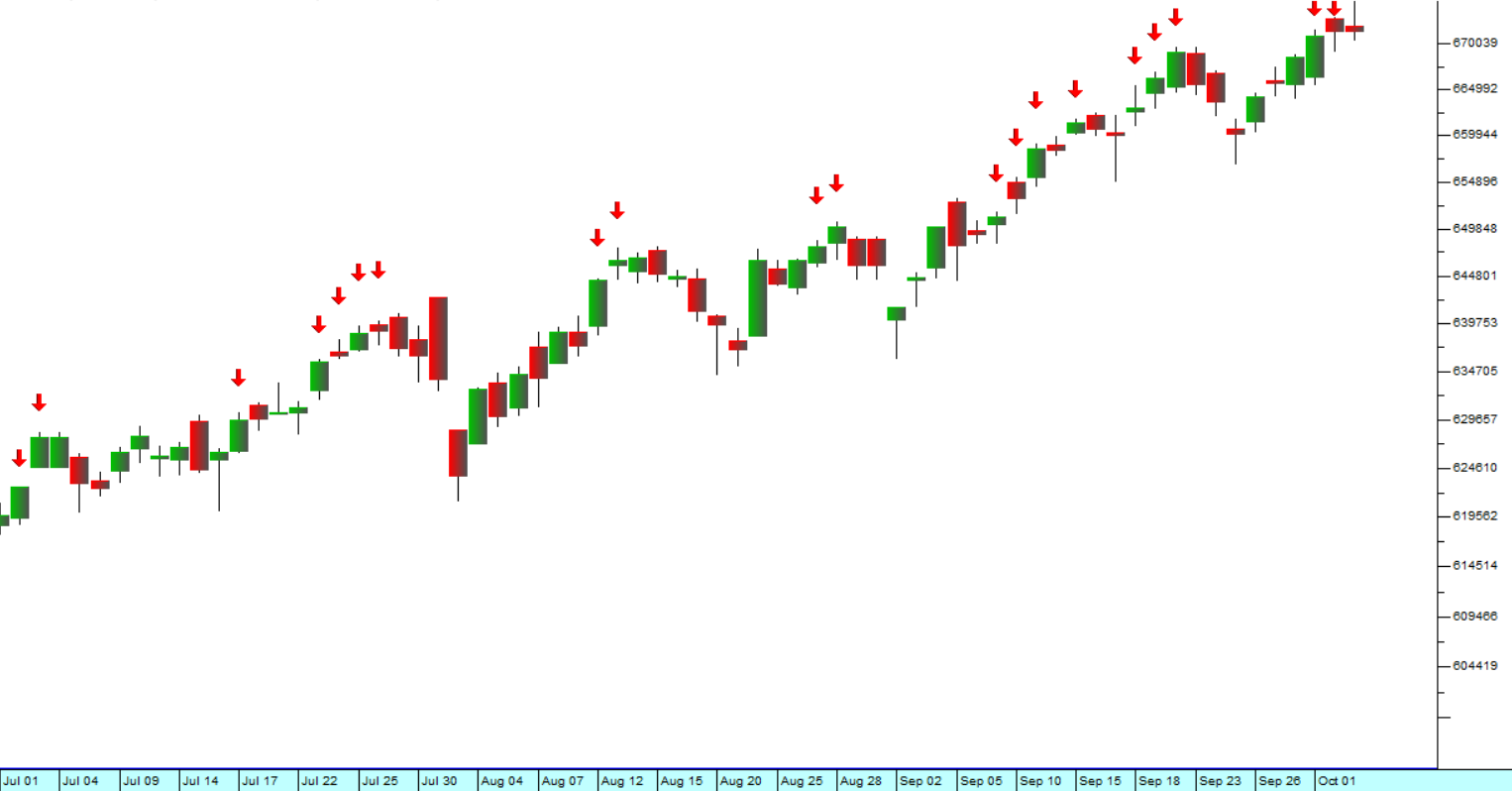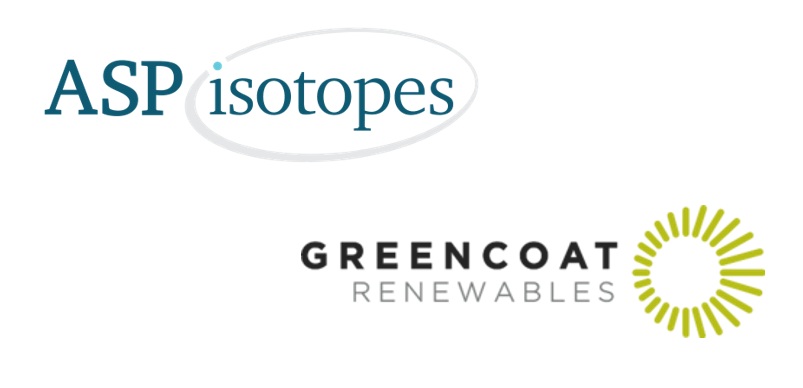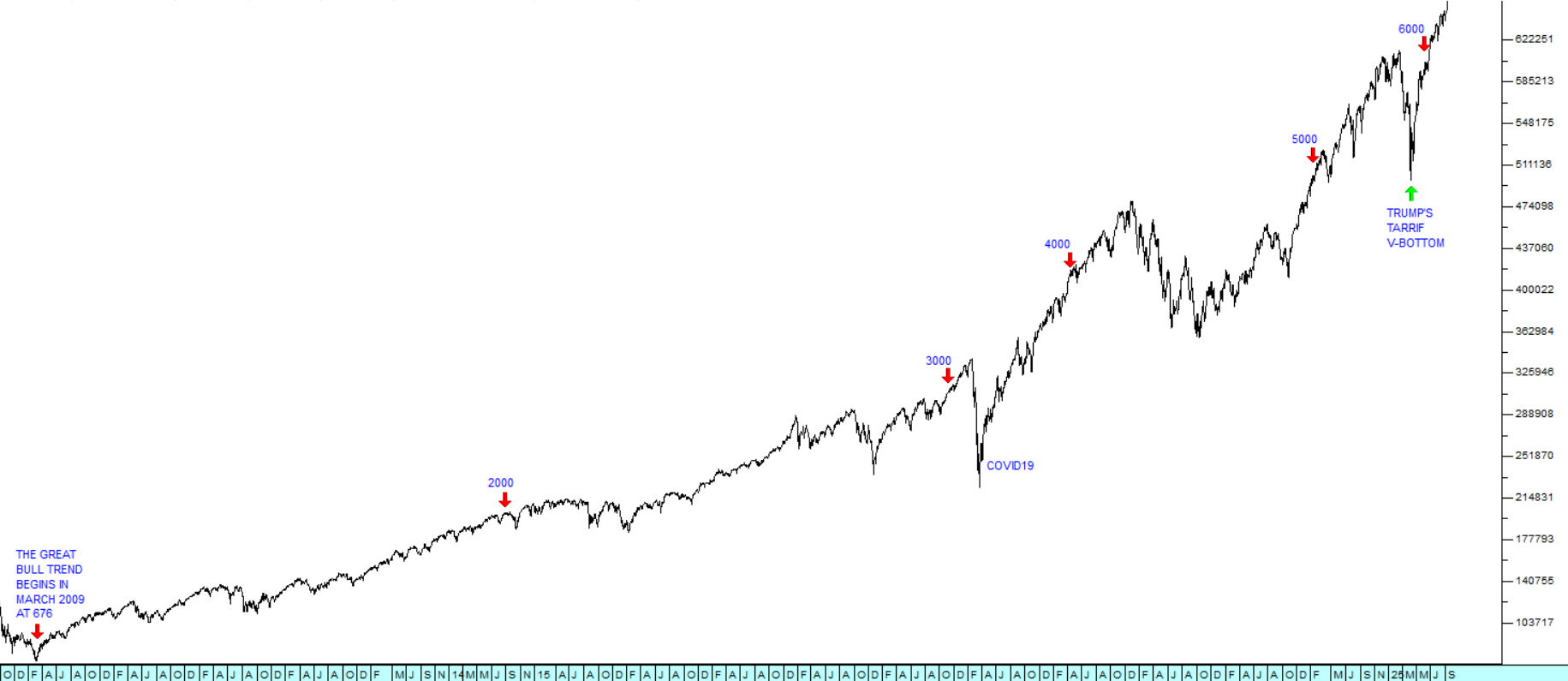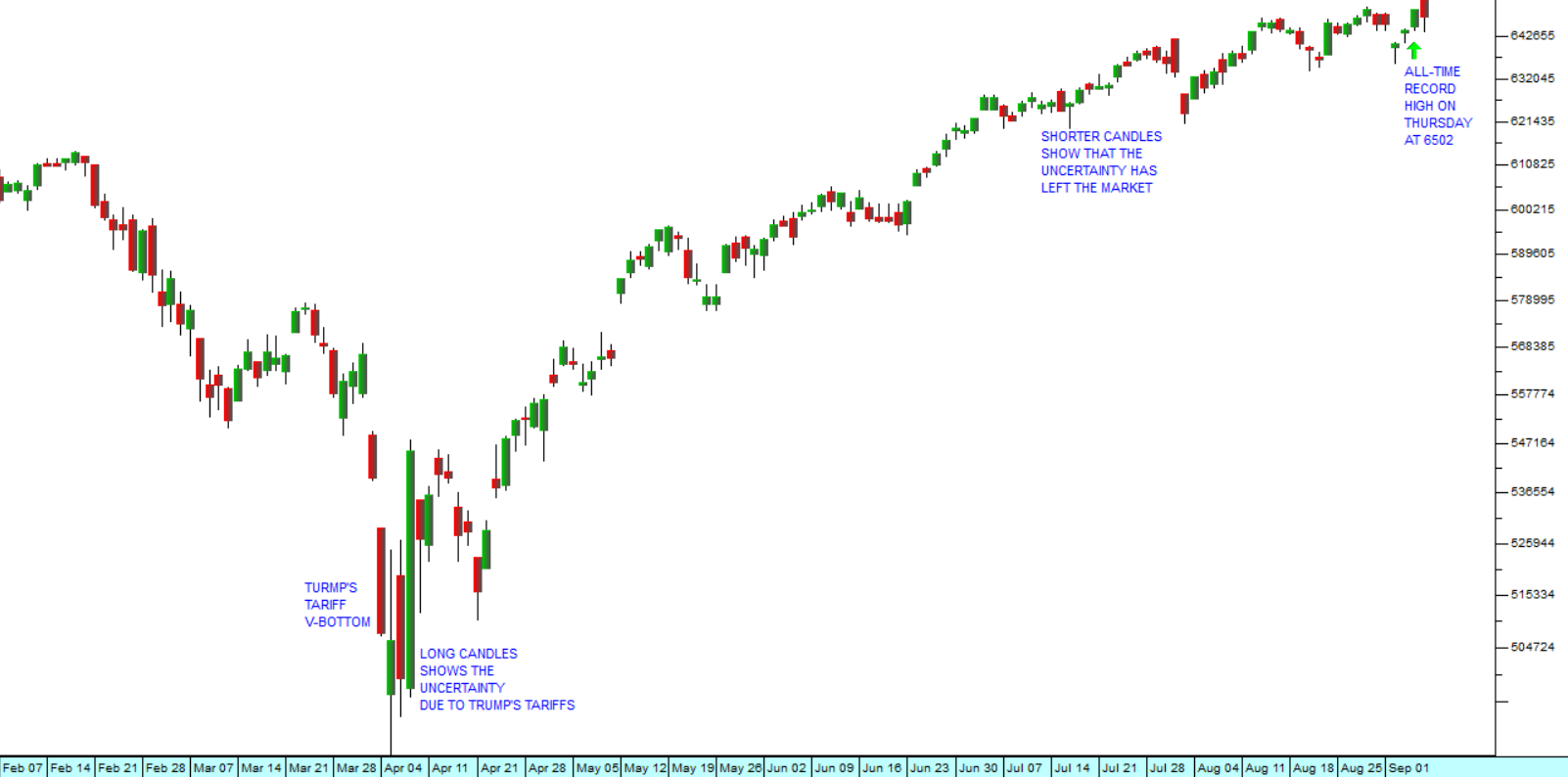Altron
25 November 2024 By PDSNETAllied Electronics better known as Altron, is South Africa’s oldest technology company listed on the Johannesburg Stock Exchange (JSE). Since 1965 it has been providing IT solutions to the economy in various forms. Its customers include more than half of the top 100 companies listed on the JSE. It processes more than 100 million healthcare transactions every year, it has 1,9m customers using its vehicle tracking system (Netstar), 20 million smart cards use its embedded technology, and it processes 181 billion interactions in the Internet Of Things (IOT) every month.
Its financial results for the six months to 31st August 2024 were published on 4th November 2024 and showed a 2% drop in revenue due to the sale of its ATM business. Excluding its discontinued operations, headline earnings per share (HEPS) jumped to 79c from 28c (restated) in the comparable period. Netstar continued its rapid growth adding 21% more subscribers and the connection of 26% more devices. Altron Fintech increased its earnings before interest taxation depreciation and amortisation (EBITDA) by 54% and its operating income by 63%.
On 17th December 2020, the company unbundled and separately listed its subsidiary Bytes Technology on the London Stock Exchange (LSE) at a price of GBP2.70. This unlocked considerable value directly into the hands of Altron shareholders but resulted in a "cliff" in the Altron share price chart.
Following this listing, the share drifted sideways and downwards until the end of May 2023 when it reached a low point of 690c. Then, following a considerable restructuring, the business began to perform far better, and the share price has been rising consistently. Consider the chart:
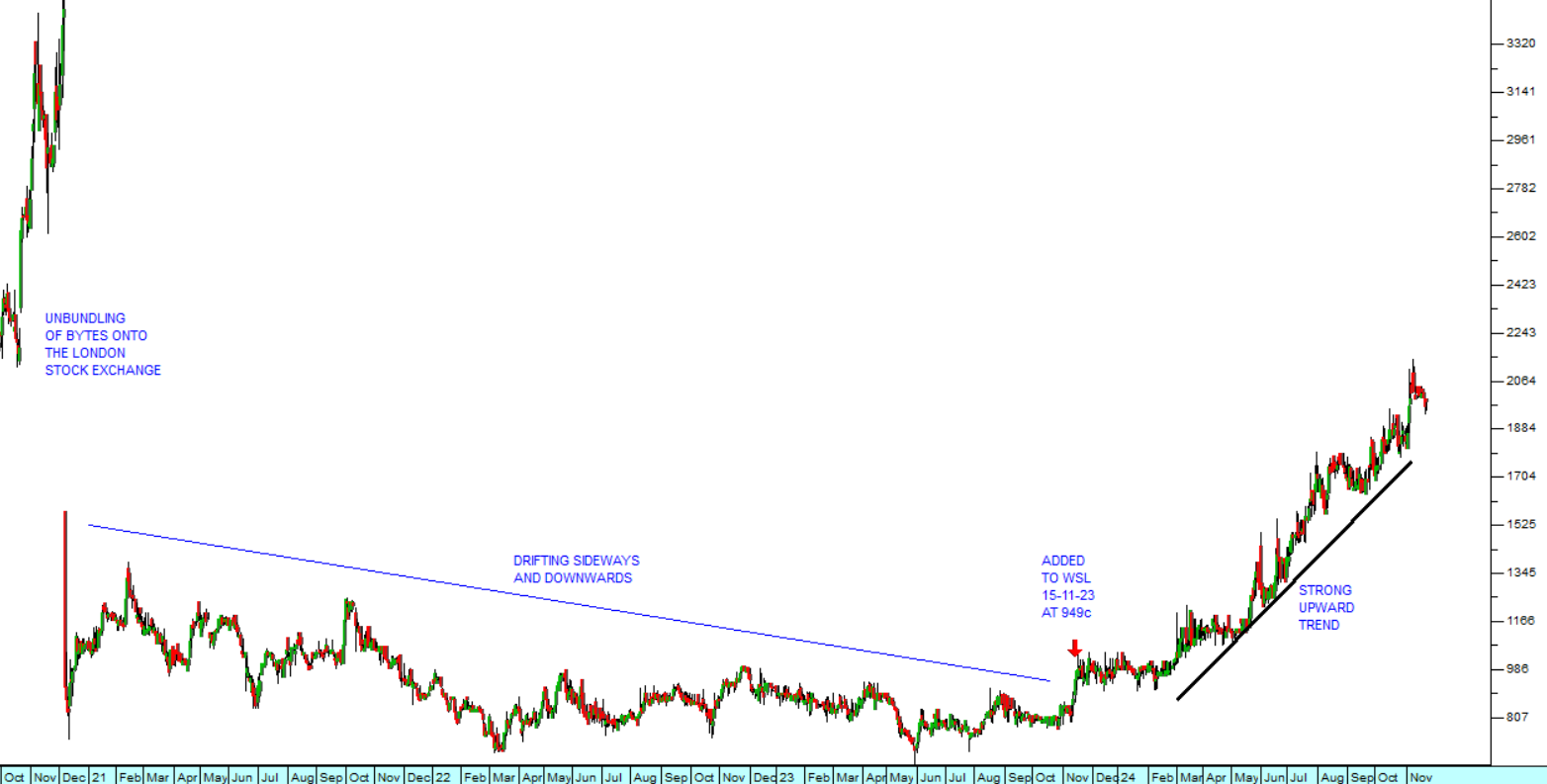
We added it to the Winning Shares List on 15th November 2023 at a price of 949c when it became apparent that the company’s restructuring was beginning to pay dividends. It closed on Friday last week (22-11-24) at 1985c – which is a gain of 108% in just over a year. Notably, the company has also been paying regular dividends over the past four years and in its recent interim results declared a dividend of 40c per share – up 60% on the previous year.
In many senses, Altron is the essence of an excellent, low-risk, long-term equity investment. It is basically a service company which receives most of its income in the form of debit orders. It has a wide spread of clients across multiple industries and is not dependent on any one income stream. It has relatively low working capital requirements and manages its working capital very professionally. Its staff are predominantly highly skilled and well paid – which means that it is not subject to union action.
From a tax perspective there is a great advantage to holding a share like Altron for more than three years – because then it is only subject to capital gains tax (CGT) when you sell it. CGT works out to be about 18% of whatever gain you have made in the share. If, on the other hand, you engage in trading any investment or contract, where you buy and sell on a regular basis, you will inevitably be declared to be a dealer by the Receiver of Revenue and whatever profit you make will be added to your taxable income and taxed at your marginal rate – which could be as high as 45%. And of course, you will only pay CGT if you sell the share. If you just continue to hold it you will not pay any tax at all.
For these reasons, it is advisable when you considering buying a share to ask yourself, “Where will this share be in three years?”
In our experience jumping into and out of investments only makes your broker rich. Successful equity investment is a “Get-Rich Slow Scheme” – but it is very reliable and low risk.
DISCLAIMER
All information and data contained within the PDSnet Articles is for informational purposes only. PDSnet makes no representations as to the accuracy, completeness, suitability, or validity, of any information, and shall not be liable for any errors, omissions, or any losses, injuries, or damages arising from its display or use. Information in the PDSnet Articles are based on the author’s opinion and experience and should not be considered professional financial investment advice. The ideas and strategies should never be used without first assessing your own personal and financial situation, or without consulting a financial professional. Thoughts and opinions will also change from time to time as more information is accumulated. PDSnet reserves the right to delete any comment or opinion for any reason.
Share this article:
